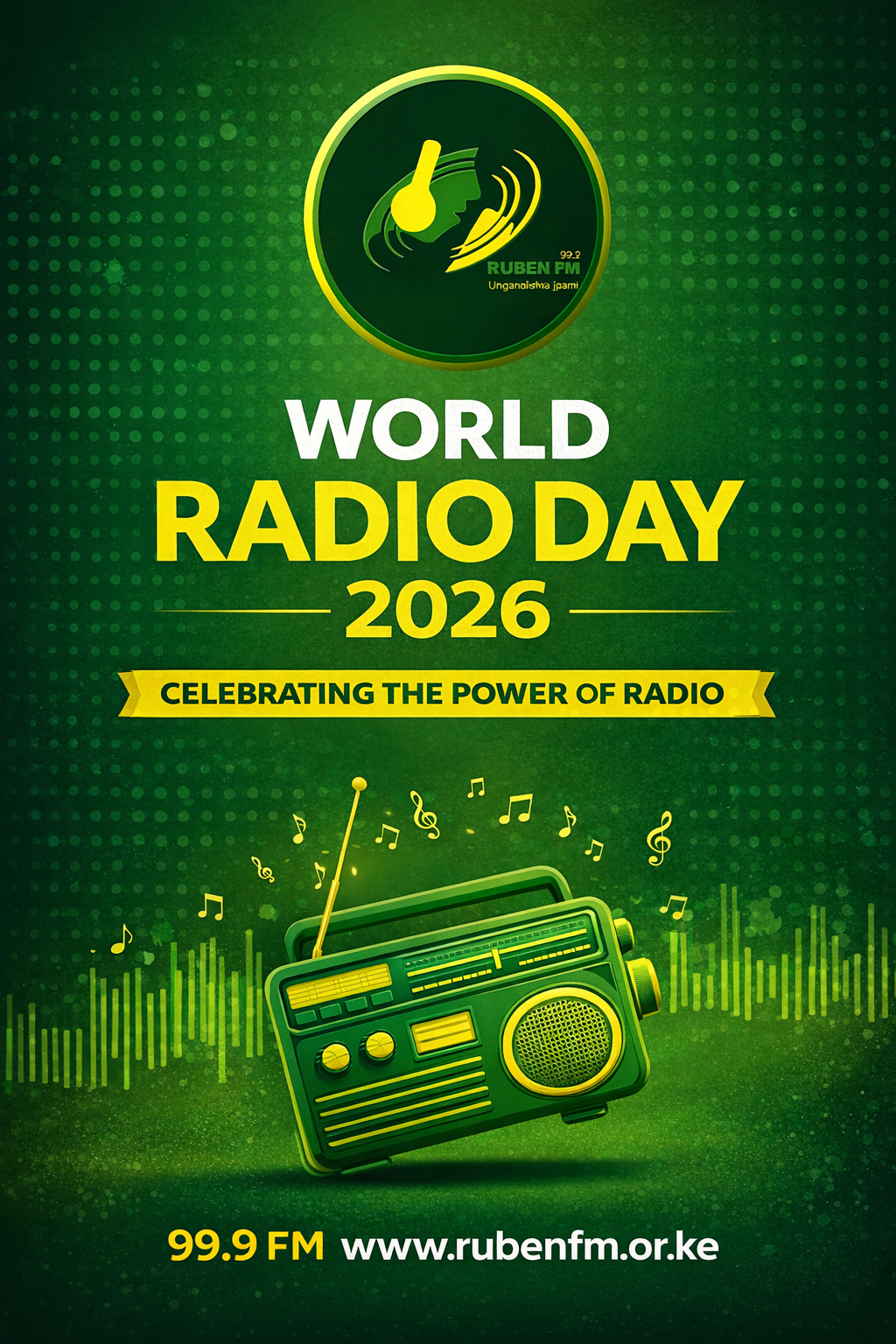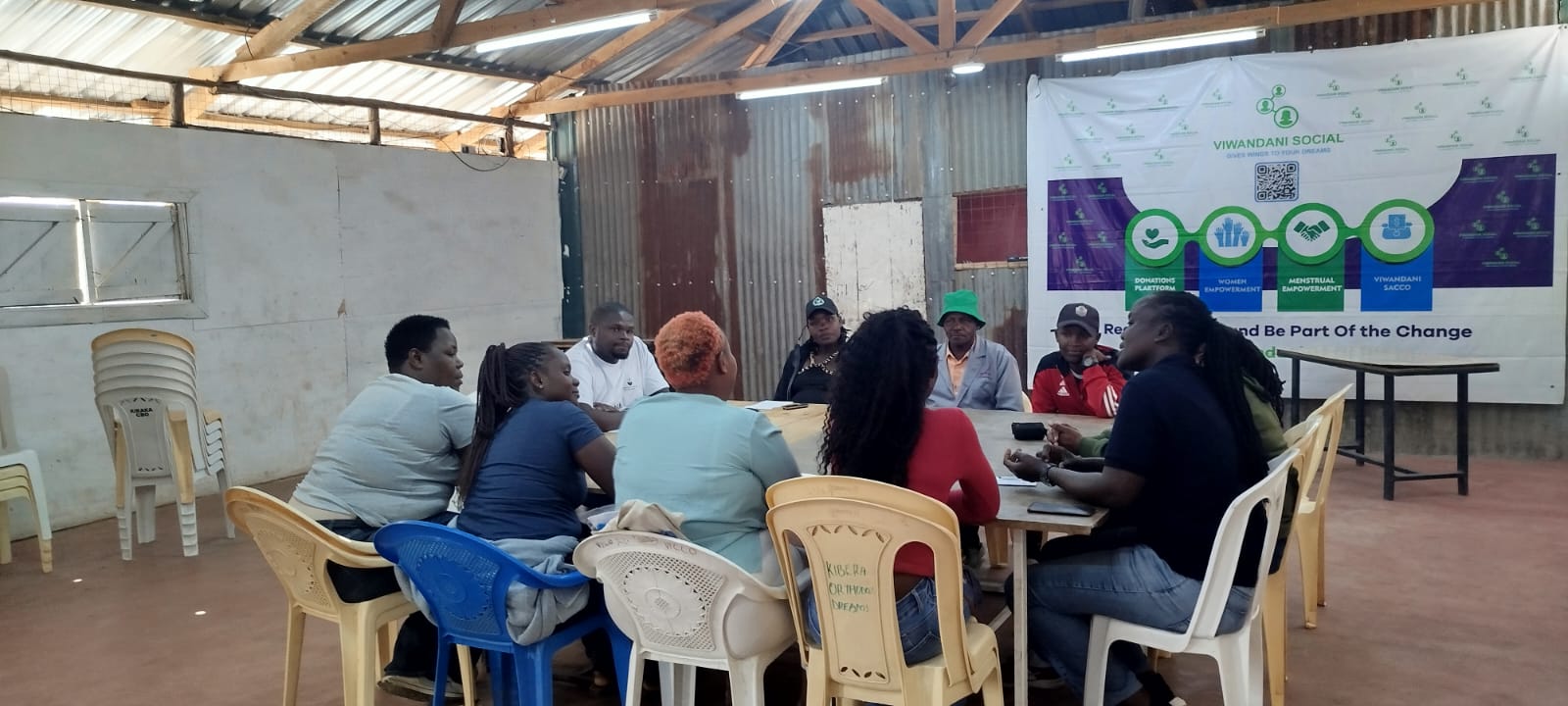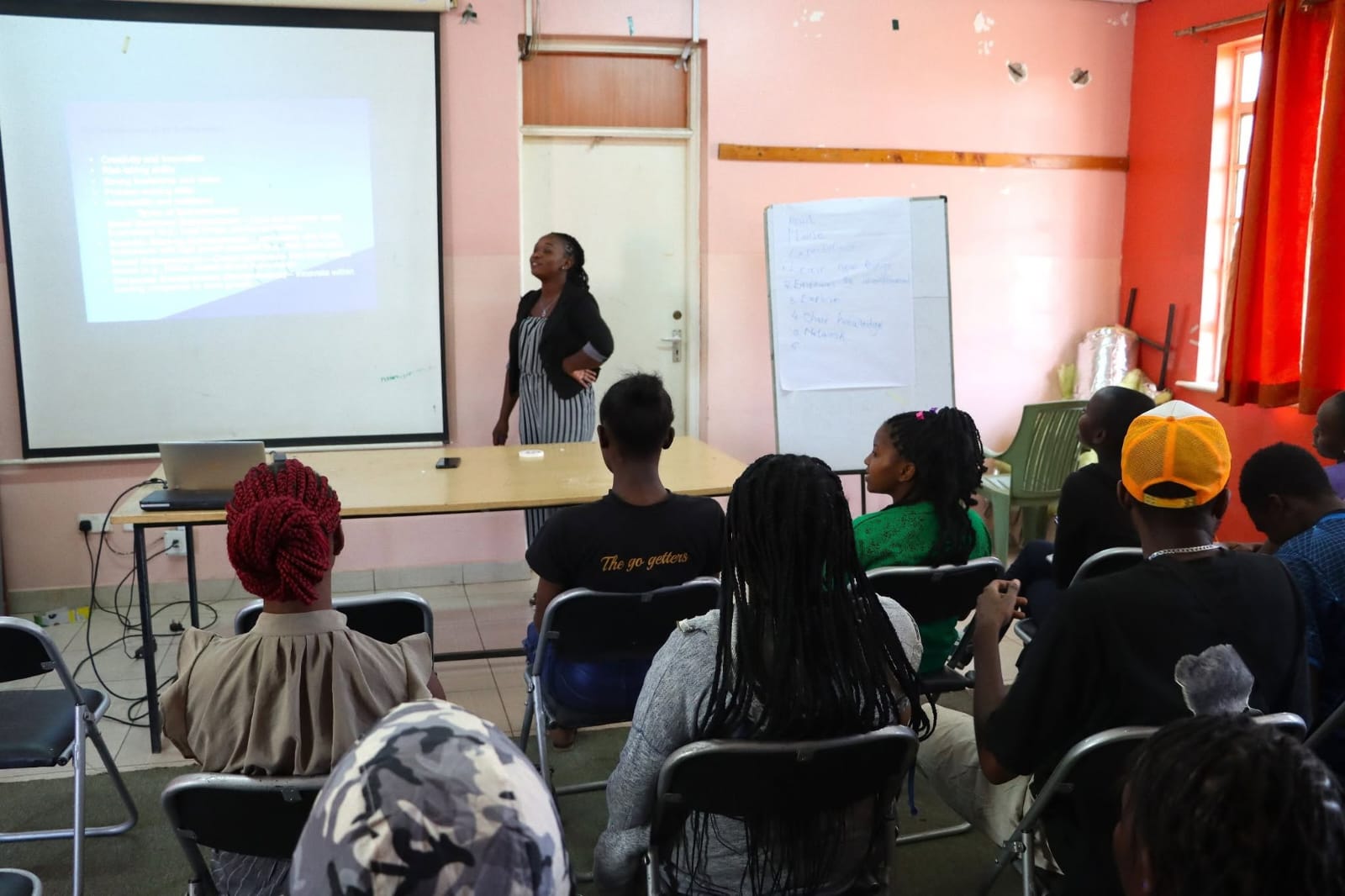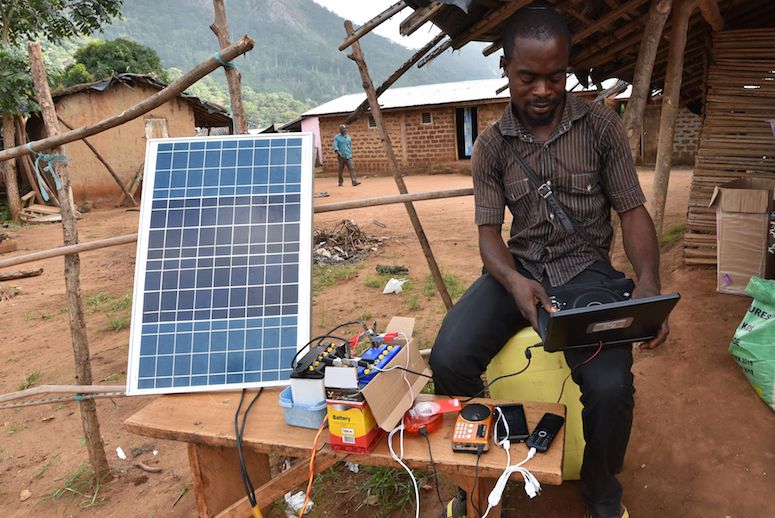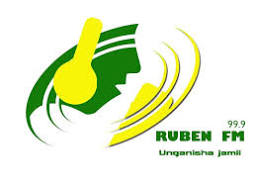FALSE: Photo does not show the drought situation in Embolioi, Kajiado County, in October 2022
ALTERED: This video is not of Ukrainian President Volodymyr Zelenskyy welcoming a robot from the UK
The original footage is of Zelenskyy welcoming former British Prime Minister Boris Johnson in Kyiv in 2022.

This Facebook post with a video supposedly of President Volodymyr Zelenskyy welcoming a robot sent to Ukraine from the United Kingdom (UK) is ALTERED.
The text across the video reads: “New leaked footage of a robot sent to Ukraine from the UK.”
The video credits the footage to 10 Downing Street, the locale of the British Prime Minister.
A reverse image search on TinEye confirmed that the initial video capture was from 2022, and depicts Zelenskyy welcoming former UK Prime Minister Boris Johnson, contrary to the claim of a robot’s presence.
The original video was featured in an 11 April 2022 article by The Independent under the title, “GOP Senate Candidate Compares Ukrainian President Zelensky to Osama Bin Laden.”
The original footage uploaded by 10 Downing Street on 24 August 2022 also shows Zelenskyy with Johnson.
The original video’s description is: “Prime Minister Boris Johnson and President Zelenskyy walk around Kyiv on Independence Day of Ukraine. In Kyiv today, the Prime Minister outlined the UK’s next major package of support for Ukraine, including unmanned surveillance and anti-tank loitering munitions. This package will improve Ukraine’s long-range surveillance and defensive targeting ability.”
The UK government has provided Ukraine with military, economic, and humanitarian aid since the 24 February 2022 Russian invasion.
PesaCheck has looked into a video on a Facebook post purportedly of President Volodymyr Zelenskyy welcoming a robot sent to Ukraine from the United Kingdom (UK) and finds it to be ALTERED.
This post is part of an ongoing series of PesaCheck fact-checks examining content marked as potential misinformation on Facebook and other social media platforms.
By partnering with Facebook and similar social media platforms, third-party fact-checking organisations like PesaCheck are helping to sort fact from fiction. We do this by giving the public deeper insight and context to posts they see in their social media feeds.
Have you spotted what you think is fake or false information on Facebook? Here’s how you can report. And, here’s more information on PesaCheck’s methodology for fact-checking questionable content.
This fact-check was written by PesaCheck fact-checker Peris Gachahi and edited by PesaCheck senior copy editor Cédrick Irakoze and acting chief copy editor Francis Mwaniki.
The article was approved for publication by PesaCheck managing editor Doreen Wainainah.
PesaCheck is East Africa’s first public finance fact-checking initiative. It was co-founded by Catherine Gicheru and Justin Arenstein, and is being incubated by the continent’s largest civic technology and data journalism accelerator: Code for Africa. It seeks to help the public separate fact from fiction in public pronouncements about the numbers that shape our world, with a special emphasis on pronouncements about public finances that shape government’s delivery of Sustainable Development Goals (SDG) public services, such as healthcare, rural development and access to water / sanitation. PesaCheck also tests the accuracy of media reportage. To find out more about the project, visitpesacheck.org.
PesaCheck is an initiative of Code for Africa, through its innovateAFRICA fund, with support from Deutsche Welle Akademie, in partnership with a coalition of local African media and other civic watchdog organisations.
